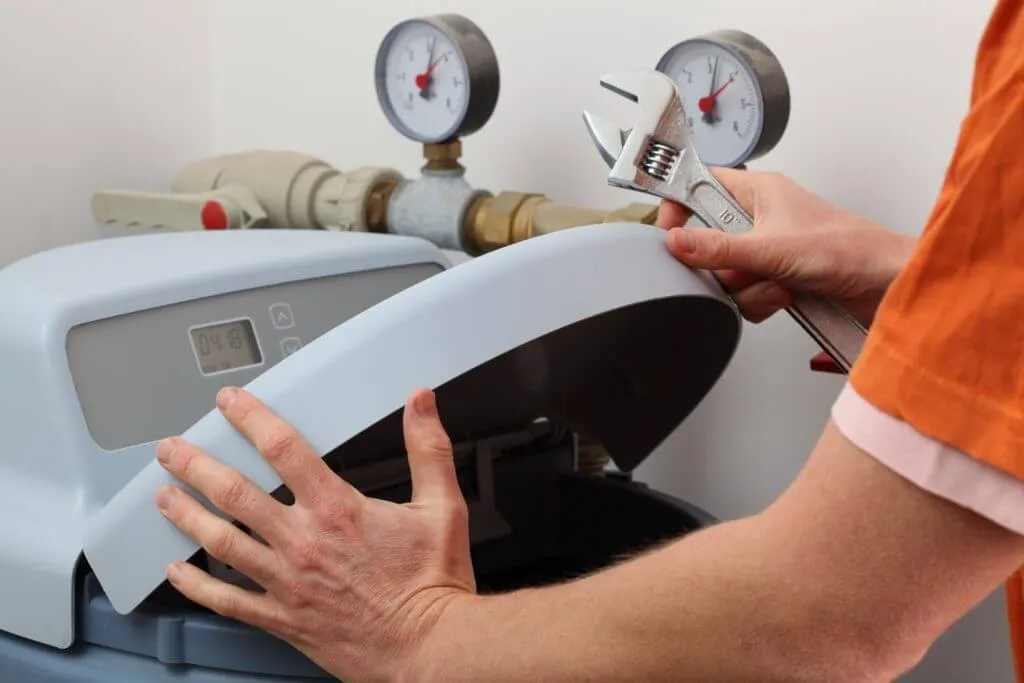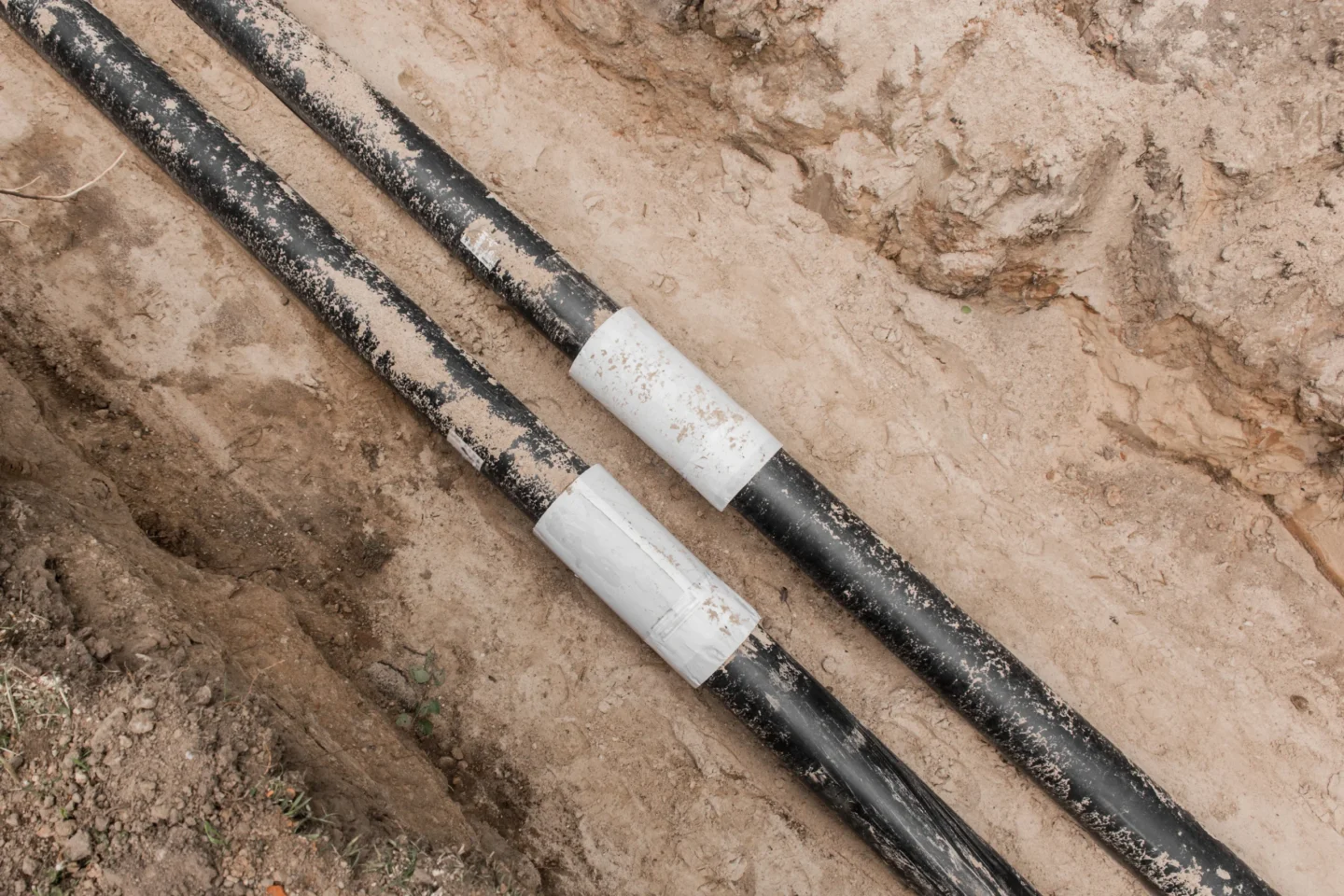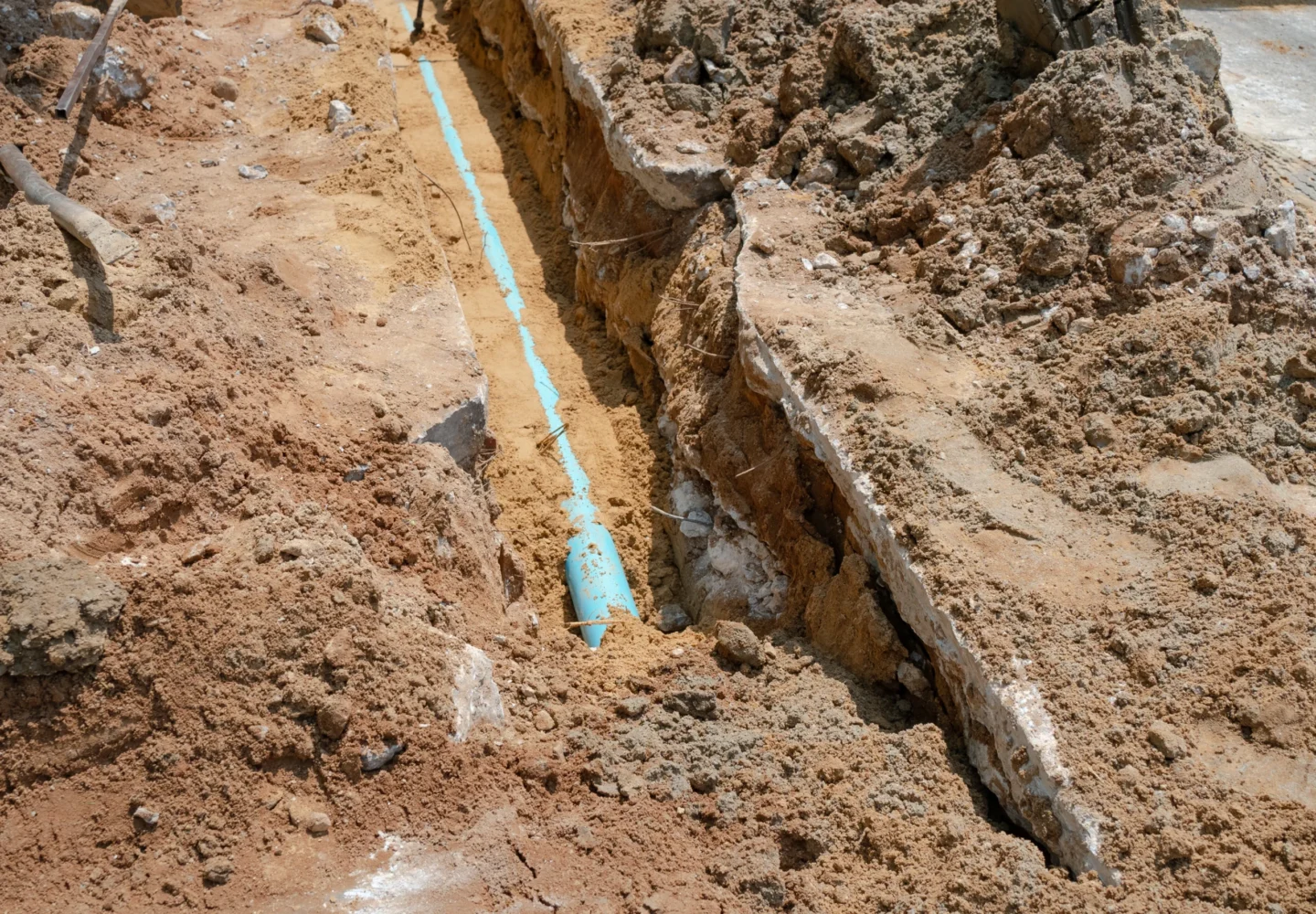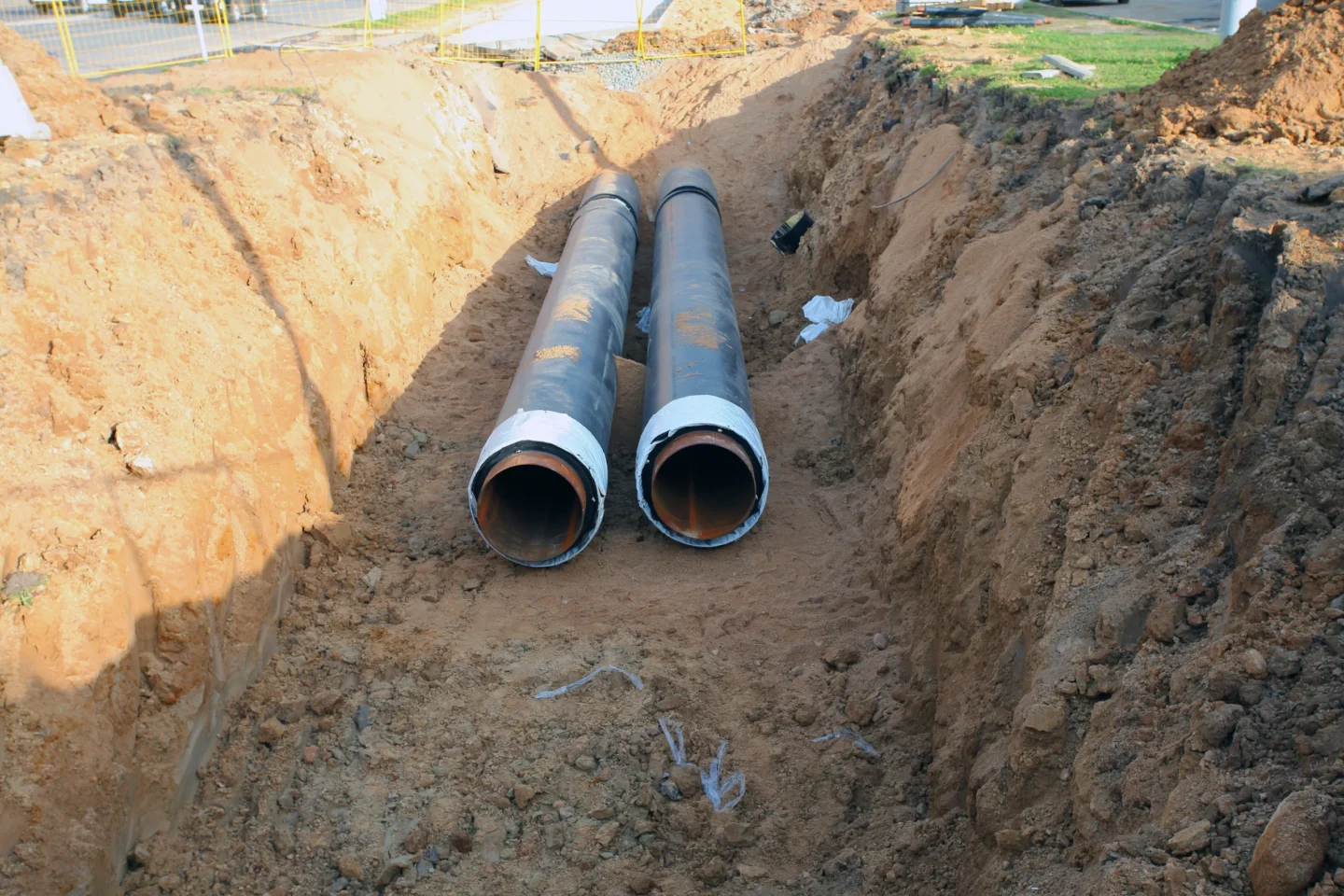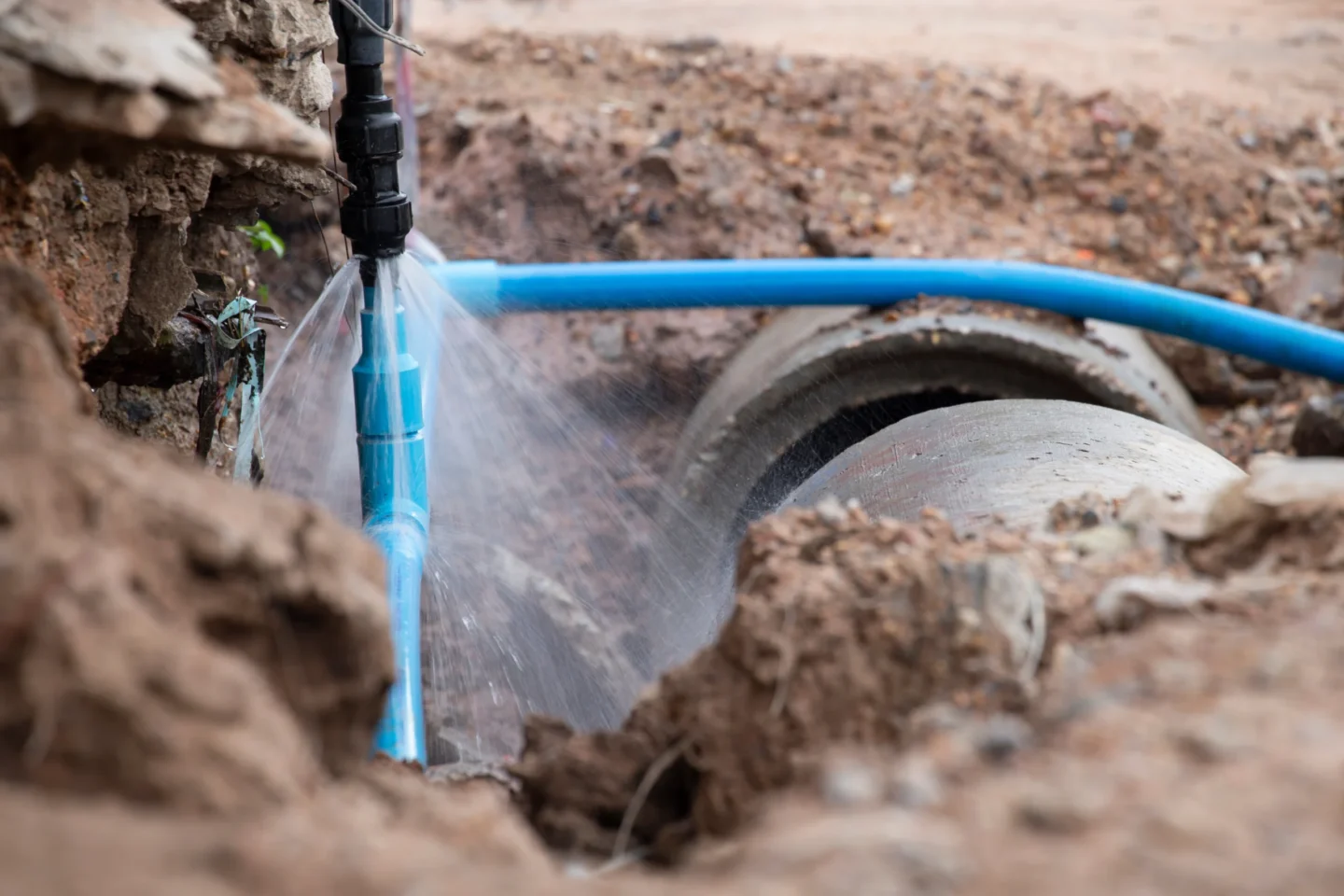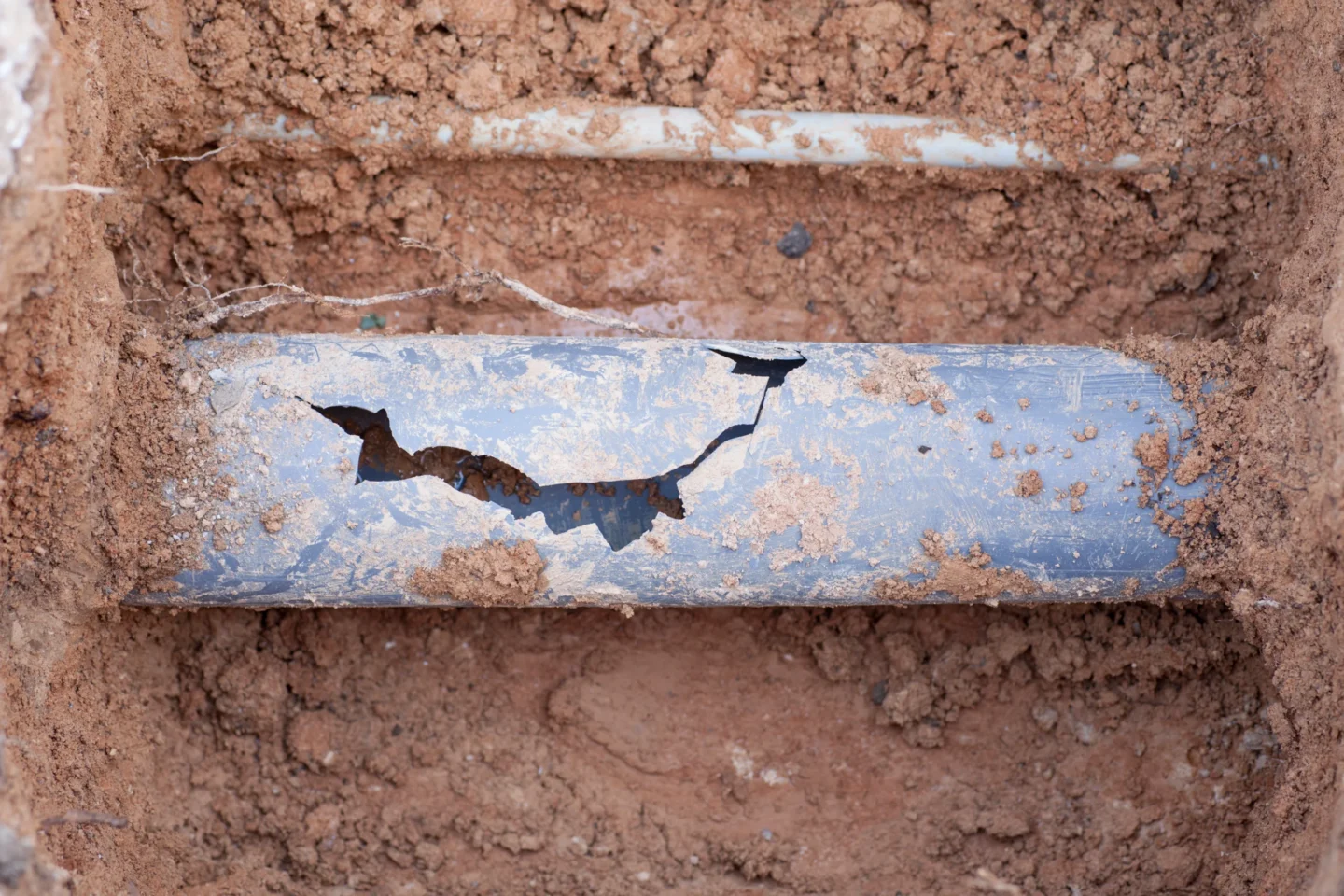Most homes in Granite City, IL, area have hard water, making a water softener an important piece of equipment. Not only do water softeners prevent your skin and hair from drying out, but using one can significantly extend the life of your water heater, dishwasher, laundry machine, and even your pipes and plumbing fixtures. While most water softeners require little maintenance apart from adding some salt every few weeks or months, there are some common problems that they may experience at some point during their lifespan.
Blockages
Any system that has something flowing through it may be susceptible to blockages, including water softeners. Most often, blockages in water softeners are the result of salt and minerals building up over time, either at the filter screen or the brine line. These deposits can eventually block the line, thus impeding the water’s path through the tank.
If you notice that your water has an odor, you are beginning to see rust stains or lime buildup on your sinks or tubs, or any other signs of hard water are present, then a blockage might be the culprit. In most cases, blockages are easy to fix. Talk to a professional to determine how to eliminate the blockage in your specific model.
Salt Bridges
Once you start noticing that your water is hard, you probably opened up your softener to make sure that enough salt was present that you couldn’t see the waterline. If your softener is operating but is not softening water, a salt bridge may be to blame. A salt bridge is a hard crust of salt that forms in the brine tank. It can be caused by high humidity or too much salt. In most cases, the salt bridge forms an empty space between the salt and the water in the tank. Your tank may look like it has plenty of salt, but the salt may be well above the water level.
In most cases, pushing a broom handle into the tank to break up the salt is all that’s necessary to fix the water softener problems.
Broken Resin Beads
Salt-based water softeners use resin beads, and though these beads typically last as long as the appliance itself, they do occasionally break or not work as effectively as they should. When this happens, the beads may need to be cleaned or replaced.
If you’re having water softener problems, give our experts a call. We can help you ensure that your water softener is working to its full potential.



